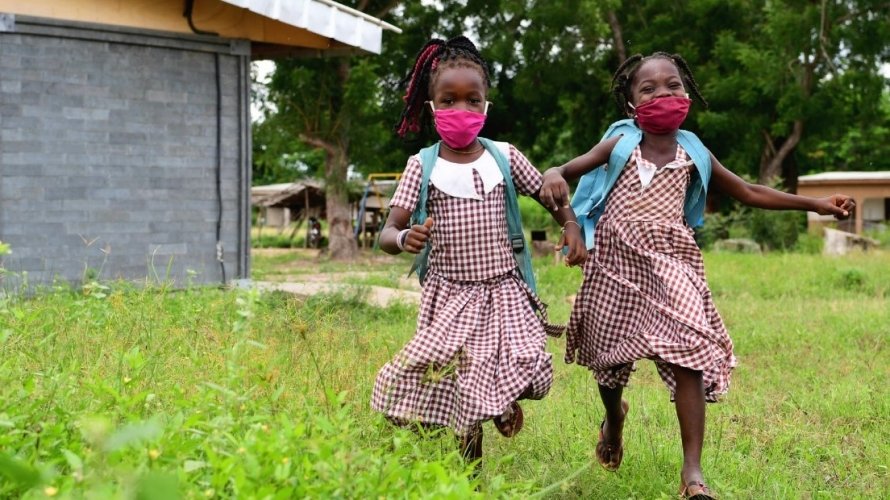COVID-19 is often thought of as disproportionately affecting the elderly. Medically speaking, that is accurate: but there are of course wider effects that are intergenerational. There are also effects of the pandemic, and particularly of the incurring lockdowns, which disproportionately affect the young.
What are the effects of COVID-19 on children and adolescents? In a recently published extensive report, UNICEF document how changes in healthcare, the global economic situation and especially in schooling have affected the youngest generations. They draw from wide-ranging evidence, including comparing current data with evidence of the societal impacts of previous epidemics such as Ebola and SARS-1, to draw their conclusions.
UNICEF identify several categories of impacts on students: from a rise in child marriages and adolescent pregnancies attributable to economic instability and reduced access to education, to health changes due to a lack of exercise and an increase in screen time and snacking during lockdowns.
Whilst mass-testing, improving treatments and mass vaccination are all promising interventions for slowing the spread of the pandemic, it will be some time before these are available to all families and children, especially in the poorest corners of the globe. Thus, we urgently need affordable and scaleable solutions to the vast issues facing children and youth today.
To this end, UNICEF propose a six-point plan towards alleviating these many-faceted issues. These points include to widen children’s access to digital devices for learning, through democratising internet access and access to digital devices.
Second, they underline the need for children and youth to have access to healthcare, and to vaccinations in particular. In addition to their physical health, children’s mental health is also in desperate need of attention: for their protection from bullying, abuse, neglect and violence.
Part of the integrated issues come from a lack of access to sanitation and clean water, child poverty and conflict: wider issues that UNICEF highlight as in dire need of addressing if the young are to have more secure futures.

